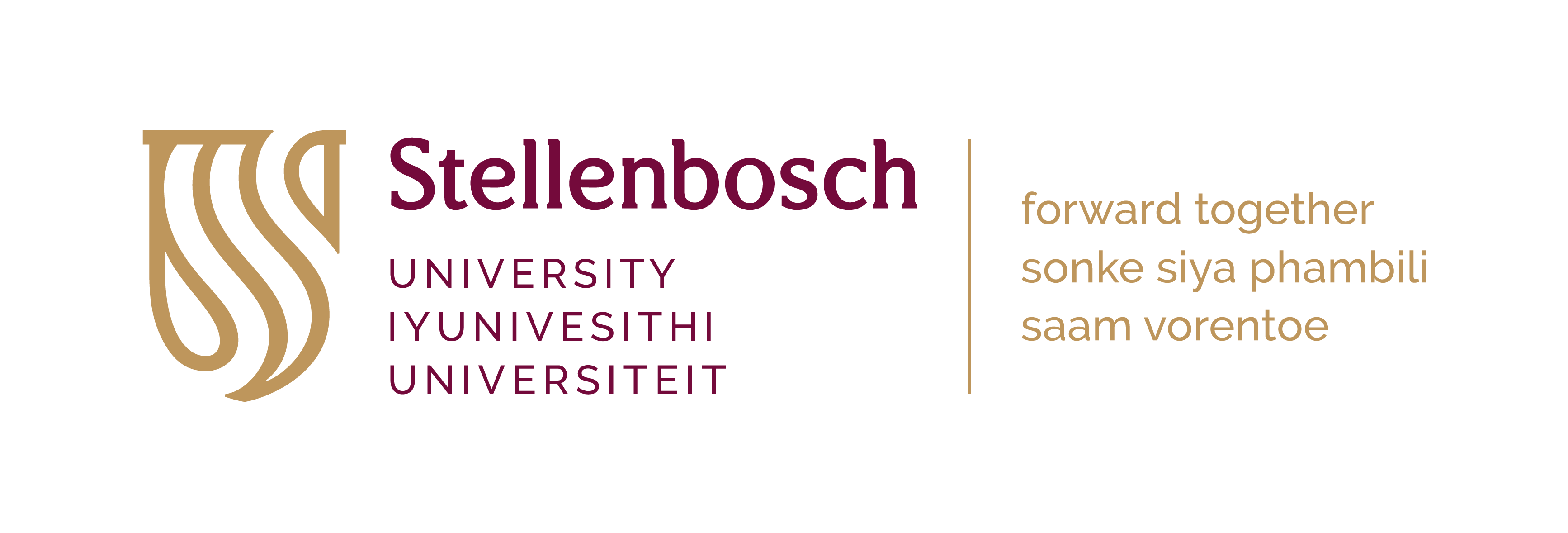[:en]Some of the Core Members of “Cascade IMPAc-TB” Team at SU
Top row (left to right): Prof. Gian van der Spuy (Bioinformatics and Databasing); Dr. Nelita du Plessis (Co-PI for SU site); Dr. Stephanus T. Malherbe (Study Clinician, PET expert); Prof. Gerhard Walzl (PI of SU site); Dr. Stuart Meier (Bioinformatician); Prof. Gerard Tromp (Bioinformatics and Databasing)
Lower row (left to right): Prof. Helena Kuivaniemi (Project Manager); Kim Stanley (Databasing); Marika Flinn (Lab Manager); Dr Andriette Hiemstra (Study Clinician)
A team of scientists from Stellenbosch University (SU) is part of a large multi-national project advancing immunology research to accelerate progress in tuberculosis (TB) vaccine development. Three Immune Mechanisms of Protection against Mycobacterium tuberculosis (IMPAc-TB) Centres were recently established by the National Institute of Allergy and Infectious Diseases (NIAID), part of the National Institutes of Health (NIH), in the United States to support research on the immune response needed to protect against TB infection.
One of the three funded centres, called “Cascade IMPAc-TB” which may total up to $83 million over seven years if all contract options are exercised, is based at Seattle Children’s Research Institute in the US and the principal investigator is Professor Kevin Urdahl. Other US sites forming part of “Cascade IMPAc-TB” as subcontractors include University of Washington, Fred Hutchinson Cancer Research Centre, Oregon Health and Science University, and Beth Israel Deaconess Medical Centre in Boston. The project title “Immune Mechanisms of Protection Against Mycobacterium Tuberculosis Center (IMPAc-TB) has been funded by the National Institute of Allergy and Infection Diseases under contract 75N93019C00070.
Non-US sites forming part of “Cascade IMPAc-TB” as subcontractors, include the Division of Molecular Biology and Human Genetics (MBHG) at SU’s Faculty of Medicine and Health Sciences.
In addition to SU, other African sites include the Africa Health Research Institute in Durban, South Africa, and Makerere University and MRC/UVRI Uganda Research Unit in Uganda.
“We need modern, multidisciplinary, fundamental scientific approaches to increase our understanding of failed immune responses against TB to allow a move towards eradication of this disease” says Professor Gerhard Walzl who is leading the SU team along with Dr. Nelita du Plessis. Dr. du Plessis states “To date, insufficient attention has been given to natural immunity, which significantly affects the much more widely studied acquired immunity provided by B and T cells. This project will take a more comprehensive approach through the in-depth mechanistic dissection of immune pathways and cell functions, to enable identification of correlates of protective immunity against TB”.
The NIAID-funded IMPAc-TB Program aims to develop a comprehensive understanding of (1) the immune responses required to prevent initial infection with the TB bacteria, (2) establishment of latent infection, and (3) transition to active TB disease.
Multi-disciplinary research teams will analyse immune responses against TB bacteria, as well as immune responses elicited by promising vaccine candidates, in animal models and humans. Other aims of the IMPAc-TB program include understanding the effects of co-infections such as HIV on immune responses to TB infection or TB vaccination and improving the value of animal models in predicting TB vaccine efficacy in humans. Another centre funded by NIAID under the banner of the IMPAc-TB Program is at Harvard T.H. Chan School of Public Health in Boston, on which du Plessis and Walzl serve as consultants.[:]

